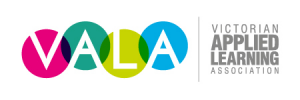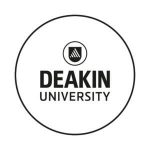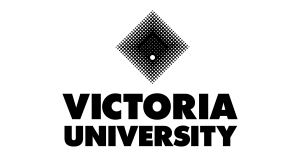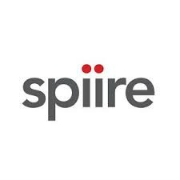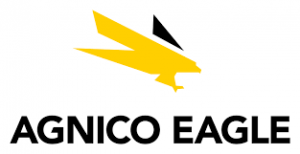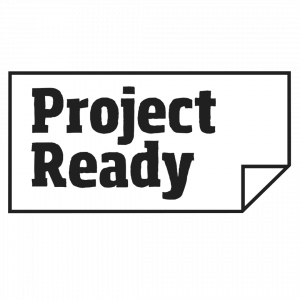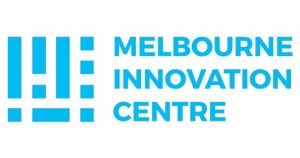

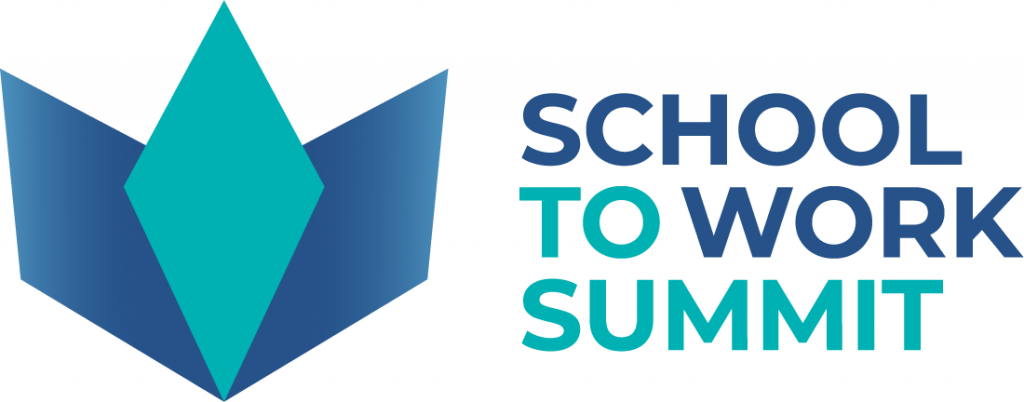
31 March 2022 | Melbourne Convention & Exhibition Centre



School to Work Summit
Education, vocation and innovation were at the heart of discussions held during the School to Work Summit.
On 31 March 2022, VicLLENs and VALA hosted the inaugural School to Work Summit, which saw 570 leaders, educators, innovators and changemakers come together and discuss how we can collectively improve the school to work journey for young people.
$3,150
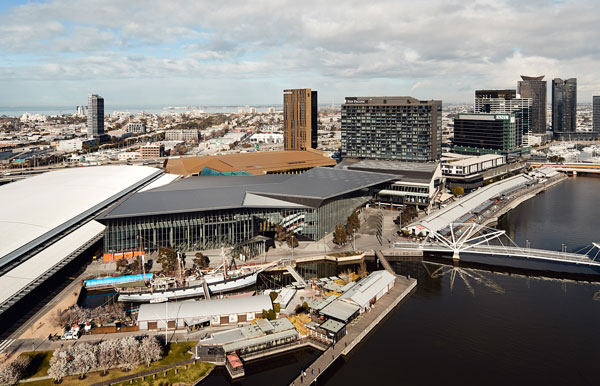
Equity in education was a prevalent theme throughout the day. Emeritus Professor John Polesel spoke about the extra “heavy lifting” that many schools do, especially where vocational programs are more expensive to deliver than standard subjects.
The Hon Fiona Nash, Regional Education Commissioner for Australia, highlighted the need for equal opportunities in regional areas so that “people, regardless of where they live, can access the educational opportunities they need to reach their full potential.”
Fiona highlighted significant discrepancies in regional educational attainment, citing that young people (25-34) in regional areas are less than 50% as likely as a ‘city person’ to have a degree.
$3,150
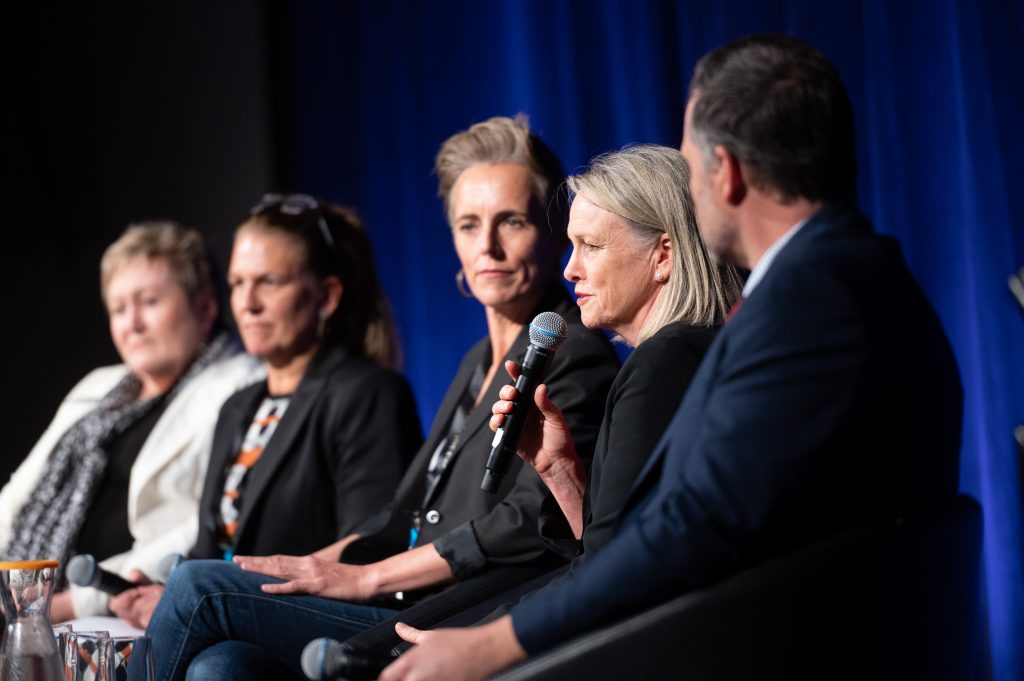
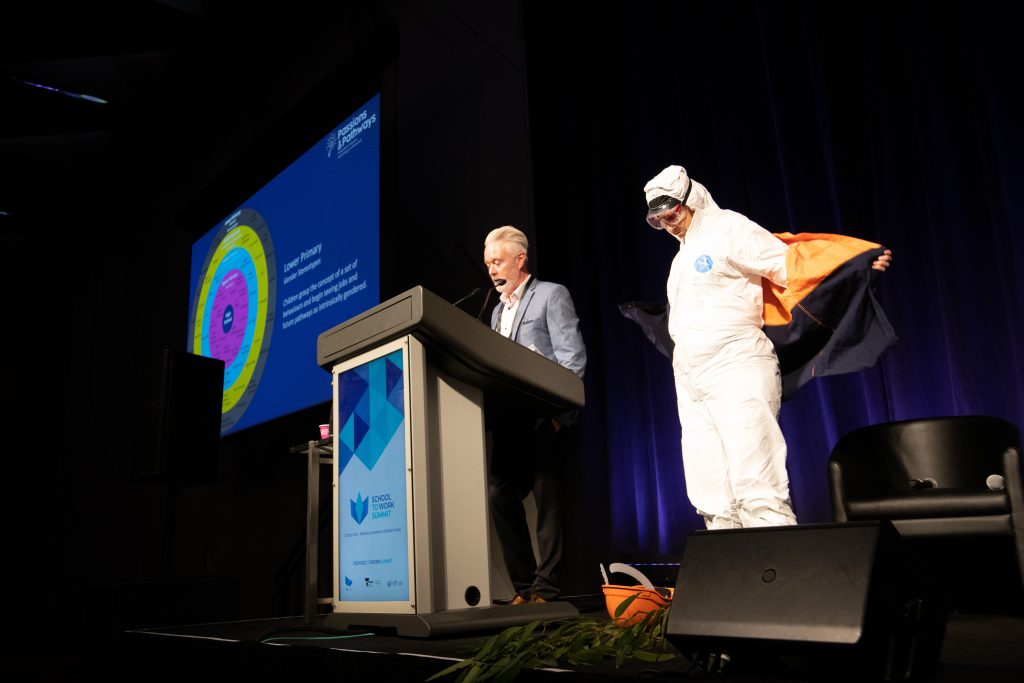
Gender equity in education was repeatedly explored throughout the day.
How Work Works Interns Brea Dorsett and Brizayah Clifford spoke about how less than 2% of people in high paying trades are women, due to an “editing out” process which begins as early as primary school.
This was also a key theme throughout Dave Burton and Lena Mitchell’s presentation, in showcasing their Passions and Pathways program. While stripping away several layers of costumes, Lena illustrated the way that students inherit preconceived notions of what kind of career options are available to them.
“When kids come to school, they have a wealth of opportunities.. all these things that they could do in their futures. But we don’t understand that they’re actually going through a process of peeling these things away [throughout] their primary school [years].”
This process of elimination is particularly gendered: “the first message [primary aged students] get is about gender. Men do these kinds of jobs, women do these kinds of jobs.”
“What this means is that they are ruling out a vast swathe of opportunities for who they could be in their lives. This means that women in particular have a far smaller pool of jobs to go for.”
Helene Rooks, CEO of the Victorian Applied Learning Association, highlighted the importance of VCAL in catering to young people with different needs across different settings. She argued the importance of ensuring that the Senior Secondary Reforms build on the successes of VCAL to ensure that “every young person [can] have access to a meaningful and successful pathway… regardless of their circumstances”.
Professor Kitty te Riele also urged us to consider vulnerable young people, not just in regard to their needs, but also their strengths: “They often have all sorts of 21st-century skills, those general capabilities that we so value.”
“They often have those already, because they’ve had to develop them.”
“A young Mum or a [young] parent… has to be well organized, to have good communication skills, to be able to collaborate with other people.”
Throughout the day, there was a collective consideration of the way our schooling system is currently modelled – what is, and what should be, the real role of education in setting up students for their futures?
Two teams of young people, industry representatives and education experts went head to head in the Great School to Work Debate, arguing whether “the role of a school is to create the workers of the future”.
Throughout the day, we heard case studies of new ways of preparing students for the world of work, such as Project Ready, the Youth Enterprise Hub and MIC’s Student Enterprise Program.
$3,150
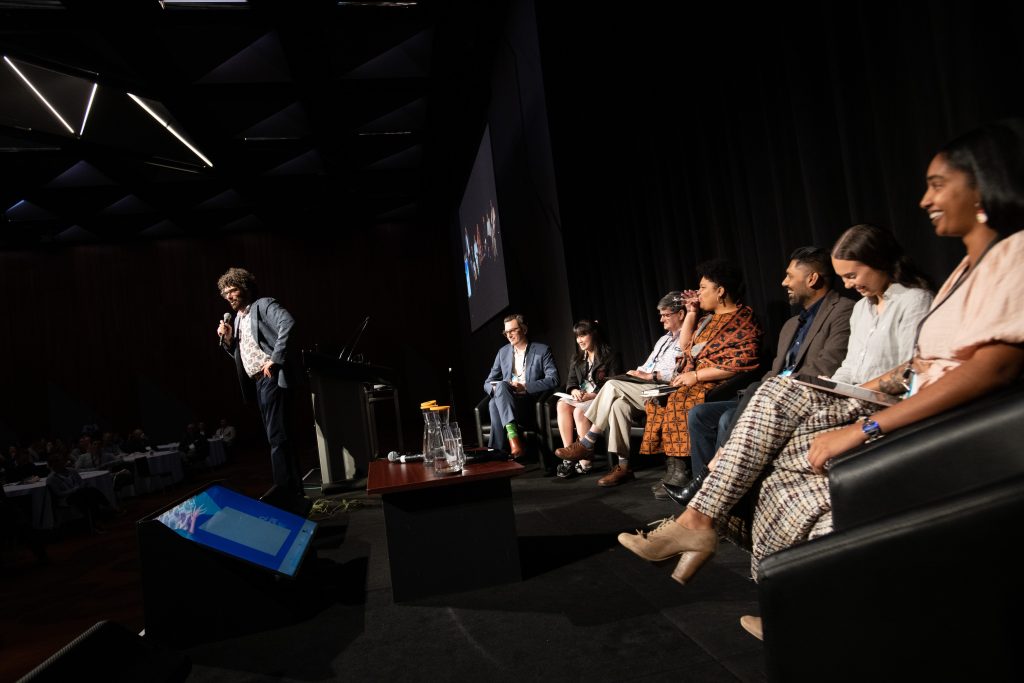
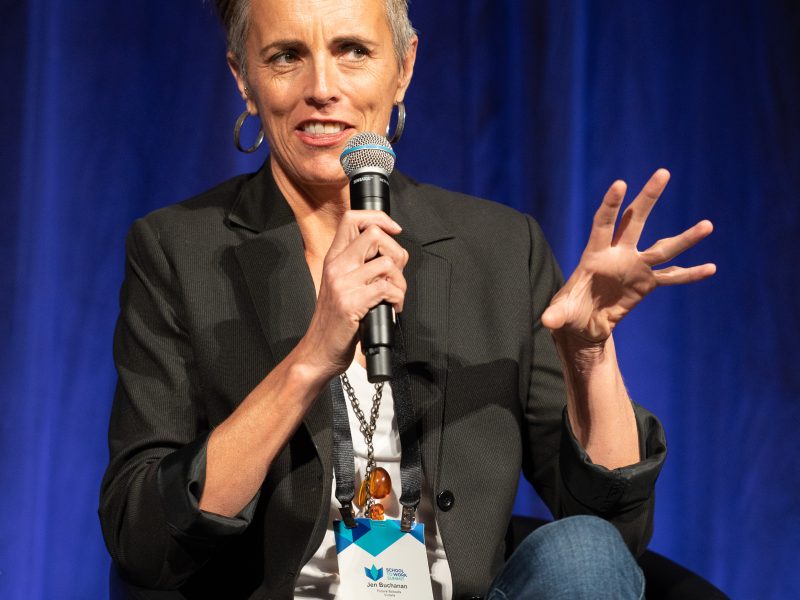
We were inspired by new ways of engaging students in education, learning and exploration through co-design and virtual reality.
Jen Buchanan, Convenor of Future Schools, challenged us to stop and consider the purpose of schooling. If school is simply just a “place of knowledge acquisition” Jen argued, how do we ensure that just “teaching our young people about the past” will not “woefully under-prepare them for the future?”
David Caughey, principal at Cranbourne Secondary College, called into question the way we measure the success of a school. A school’s performance assessment, according to David, needs to go beyond standardised testing to measure student retention and year 12 completion.
“There’s data that is available for that, and yet it doesn’t feature in a school performance report.”
Another key element to this discussion was the impact of our rapidly evolving world on both what students learn, and how they learn it.
According to Jen Buchanan: “we could spend our lifetimes, many times over, just accessing free online courses, or watching YouTube videos or listening to TED Talks.”
“So in a world where we are saturated with knowledge, what’s the purpose of schooling?”
In reinforcement of this idea, Dianne Semmens, Vice Chancellor at Victoria University, argued that “the biggest benefits you get out of formal schooling are those soft skill components… the rest of it, the knowledge acquisition, is freely available to anybody.”
Similarly, Dylan Broomfield, General Manager Policy & Advocacy at VECCI, challenged the position schools often assume around enforcing rules and promoting conformity: “Elon Musk did not follow rules. Bezos did not follow rules.”
“Rules are not what will disrupt. Rules are not the future. Yes, they’re necessary. But it’s the ability to go against the rules that leads to the next evolution of industry.”
Dr Yasmin Chalmers, Head of Centre for Science & Technology at The Gordon, celebrated the changing nature of our schooling system.
“A day in the life of a school student isn’t just about getting up and going into the same school grounds every day. Now they have opportunities – they can start off their day by walking into a TAFE or an industry-based setting and then end up back at school.”
“We’ve come a long way from the standard nine to three school hours inside the school to give students a chance to step out and learn in different environments.”
Throughout the day, we were prompted to consider how we perceive vocational pathways. Our speakers told us that academic or university pathways are often viewed as superior pathways. Several speakers prompted us to reconsider the way we talk about applied learning and the way we think about students who wish to pursue pathways in VET, VCAL and eventually the Vocational Major.
Audrey, a young person who graduated a couple of years ago, reflected on the typecasting which occurred when teachers assumed she was not academically-inclined enough to excel in VCE.
“I was told very bluntly, you are not going to get the ATAR that you need to do what you want.”
$3,150
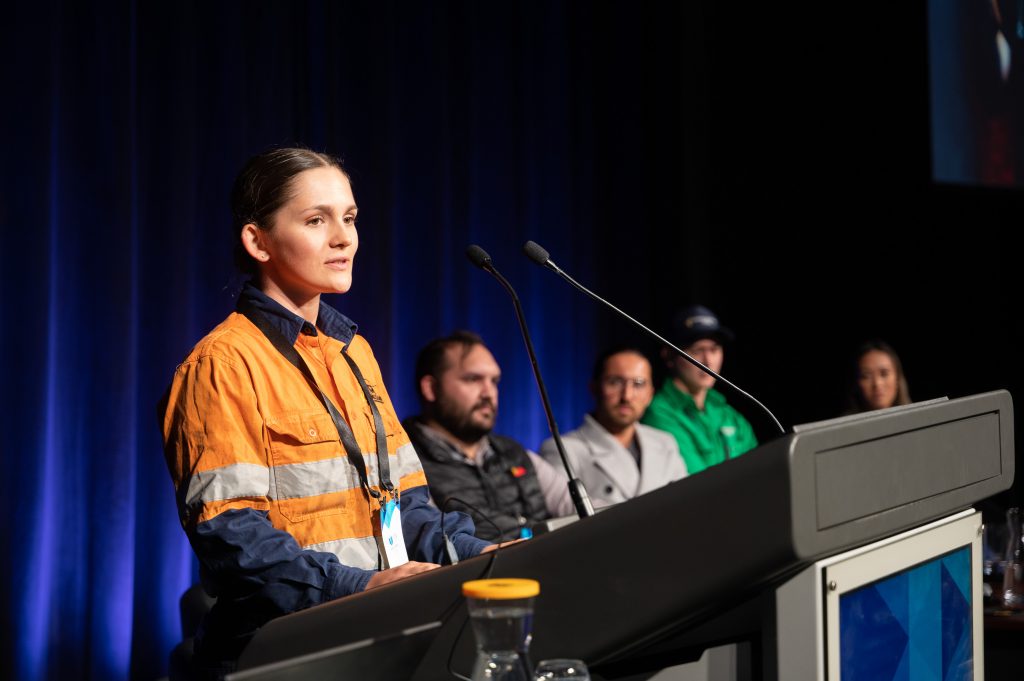
“I was asked, what’s the back-up plan? Do you want to go to TAFE or ‘drop down’ to VCAL?”
“I did year 12 alternatively and I got into a career without a certificate, without uni, straight away.”
The Summit was wrapped up with five powerhouse talks from VET champions Ashley Beeby, Lewis Brown, Benjamin Gregory, Christine Basco and Jack Trewick, who detailed their VET journeys and advice to educators in the room.
For Lewis, the pressure to undergo VCE was ultimately detrimental to his journey and circumstances. When Lewis wanted to do VCAL, his close family encouraged him to do VCE instead: “I felt like I just got over the line… after that, my experience from VCE tarnished my sense of self and I didn’t think I was capable of study.”
Having eventually completed two certificates and two diplomas, Lewis encouraged us to “challenge any negative perspectives of vocational education.”
“Take my story, for example, I feel like I thrived in vocational education. And now [I’m] sitting in a position where my counterparts are holding masters level qualifications.”
The event was a large-scale forum to explore the upcoming Senior Secondary Reforms in more detail. John Firth, director of the Firth Review, explained that the systemic restructure of VCE to include a vocational major is about “broadening our understanding of what successful senior secondary education looks like”.
Damian Blake, Head of School (Education) at Deakin University, challenged us to “go big, not backwards”.
“If we do not get it right, if we VCE-ize some of the things that we would have been doing in the name of workplace learning, then there’s a very real risk that we will go backwards.”
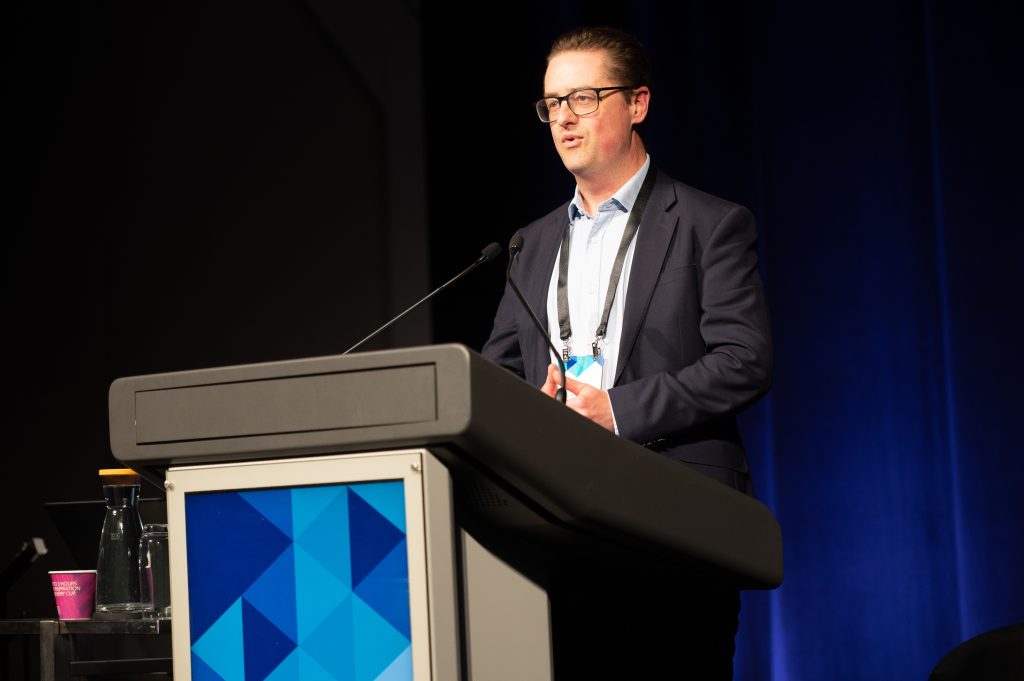
In response, Scott Widmer, Assistant Deputy Secretary at Department of Education and Training, told attendees that “the aim here is not to VCE-ize applied learning but to give applied learning equal recognition and standing within the VCE”.
The School to Work Summit was made possible thanks to the generosity of our sponsors Deakin University, The Gordon, Department of Education and Training, Victoria University, Veg Education, Spiire, Agnico Eagle, Project Ready and Melbourne Innovation Centre.
Head of School (Education), Deakin University
Former CEO, Victorian Curriculum & Assessment Authority
Australia’s first Regional Education Commissioner
Award-winning Writer, Actor, Comedian, Producer & Radical Mischief-Maker
Professor of Education, University of Melbourne
Former Telstra Business Woman of the Year | CEO, Food & Fibre Great South Coast
Deputy Director Research, University of Tasmania
Former Director, Kirby Review | Director TAFE & Industry Partnerships, Parkville College
+ over 30 more.
How do we connect our education system with future workforce opportunities? What can we learn from the past 20 years of education reform?
The Hon Steve Bracks AC – Former Premier of Victoria (Video Address)
Ro Allen – Victorian Equal Opportunity & Human Rights Commissioner
Howard Kelly – Director, TAFE & Industry Partnerships, Parkville College | Former Director, Kirby Review
John Firth – Former CEO, Victorian Curriculum & Assessment Authority
Helene Rooks – CEO, Victorian Applied Learning Association
Trent McCarthy – Chair, VicLLENs | CEO, Central Ranges LLEN (Panel Facilitator)
What does the latest research tell us about employers, students and the journey from school to work?
Jeanette Pope – Freelance Strategy, Policy, Research
How do we ensure that every student has a great pathway from school to work?
Emeritus Professor John Polesel – Professor of Education, University of Melbourne
Professor Damian Blake – Head of School (Education), Deakin University
Professor Kitty te Riele – Deputy Director Research, University of Tasmania
Two talented teams will debate whether the role of a school is to create the workers of the future.
Simon Pampena – Comedian, Presenter, National Numeracy Ambassador
Mariam Koslay – Communications Manager, Parkville College
Audrey Flannery – Host, ‘Come To Work With Me’
Natalie Collard – CEO, Food & Fibre Great South Coast, Former Telstra Business Woman of the Year
Candy Bowers – Award-winning Writer, Actor, Comedian, Producer & Radical Mischief-Maker
David Gallagher – Casual Academic, Deakin University
Dylan Broomfield – General Manager (Policy & Advocacy), Victorian Chamber of Commerce & Industry
Evonne Lu – Student Executive Committee Member, Victorian Student Representative Council
David Williamson – CEO, Melbourne Innovation Centre
Alex Tsenalidis – VCAL Learning Specialist, Northern College of the Arts & Technology
Louise Speirs-Bridge – Applied Learning Leader, Fitzroy High School
Julie Aldous – Founder, Mansfield Model, Former Victorian Rural Woman of the Year
Dave Burton – CEO, Goldfields LLEN
Lena Mitchell – Manager, Passions & Pathways
Brizayah Clifford – Youth Intern, Women in Trades Report
Brea Dorsett – Youth Intern, Women in Trades Report
Katie Yates – Program Manager, Tradeswomen Australia
Lena Way – Director Engagement, Central Ranges LLEN
Emily Lee-Ack – CEO, South West LLEN
Ella Hughes – Director, Youth Take Over Loddon Campaspe
Graeme Wiggins – CEO, Bendigo Tech School
Dr Alice Ames – Project Design & Implementation Officer (Human Centred Design), Future Connect
Bec Costa-Lowe – GMVICE, Goulburn Murray LLEN
Michael Lyons – Visual Media Studio Manager, Spiire
How do we lead change in schools and beyond?
The Hon Fiona Nash – Regional Education Commissioner for Australia
Jen Buchanan – Convenor, Future Schools Alliance
Dianne Semmens – Deputy Vice-Chancellor, Victoria University
Dr Yasmin Chalmers – Head of Centre for Science & Technology, The Gordon
David Caughey – Principal, Cranbourne Secondary College
Meet Victoria’s VET Champions and find out how we can support all students to engage with vocational pathways on their journey from school to work.
Scott Widmer – Assistant Deputy Secretary, Department of Education & Training
Ashley Beeby – Diesel Mechanic, BHP
Lewis Brown – Reconciliation Advisor, RMIT University
Benjamin Gregory – Director, BG Group
Jack Trewick – Farmer, Cramlington Park
Christine Basco – Registered Nurse
Registration
Early Bird
General
General Admission
$ 445.00
$ 495.00
Education & Training Sector
$ 395.00
$ 445.00
LLEN Staff & Board Members – VALA Members
$ 315.00
$ 365.00
Sponsors
$ 315.00
$ 365.00
Virtual
–
$ 275.00
Students (In person or virtually)
–
$ 155.00
Group In Person Registration x 10
$3,650

